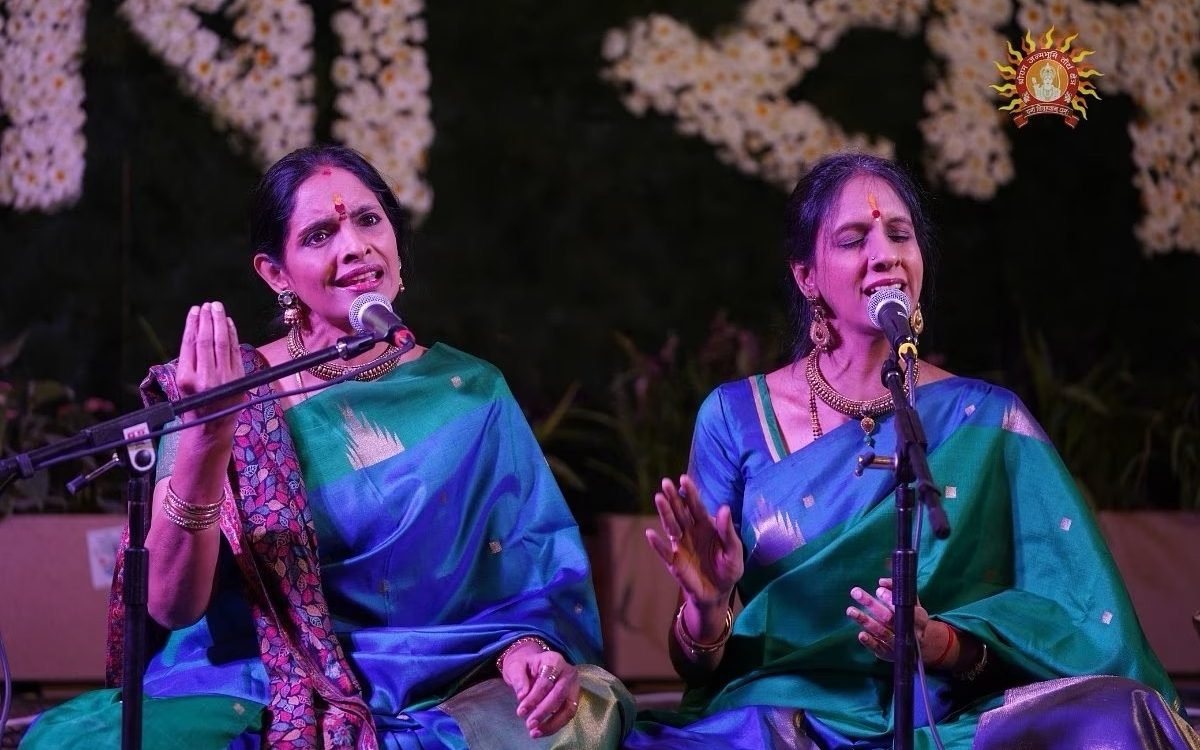In the intricate world of Carnatic music, where tradition meets modernity, recent controversies have sparked intense debates among musicians and enthusiasts alike. The latest feud involves classical musicians Ranjani and Gayatri, popularly known as the Vidushi sisters, and playback singer Chinmayi Sripaada, revolving around their differing stances on acclaimed musician T M Krishna and the recognition of controversial figures in the industry.
At the center of the storm is T M Krishna, whose accolade of the Sangita Kalanidhi award by the Madras Music Academy ignited a firestorm of opinions. Ranjani and Gayatri’s decision to withdraw from the academy’s conference, citing concerns over Krishna’s alleged glorification of E.V. Ramasamy (EVR), also known as Periyar, has brought to light the tensions between artistic freedom and ethical responsibility.
EVR’s controversial views, including advocating violence against Brahmins and using derogatory language towards women, have divided the Carnatic music community. While some see Krishna’s recognition as a celebration of his artistry, others condemn it as an endorsement of his purported support for EVR’s ideologies.
Chinmayi Sripaada’s vocal support for Krishna and criticism of the Vidushi sisters’ stance have further fueled the debate. Her questioning of their silence on past allegations of sexual misconduct within the Carnatic music sphere has prompted a reevaluation of accountability and solidarity within the community.
The resurgence of #MeToo allegations in 2018 against several Carnatic musicians, leading to the Music Academy rescinding invitations to accused individuals, underscores the industry’s reckoning with systemic issues of abuse and power dynamics. Ranjani and Gayatri’s previous statements in support of sexual abuse victims highlight the importance of creating a safe environment within the Guru-Shishya relationship.
As the discourse continues to evolve, it is imperative for stakeholders in the Carnatic music world to engage in constructive dialogue, fostering transparency, inclusivity, and accountability. Ultimately, navigating these controversies requires a delicate balance between upholding artistic integrity and addressing ethical concerns, ensuring that the sacred tradition of Carnatic music remains a beacon of cultural richness and ethical stewardship.









